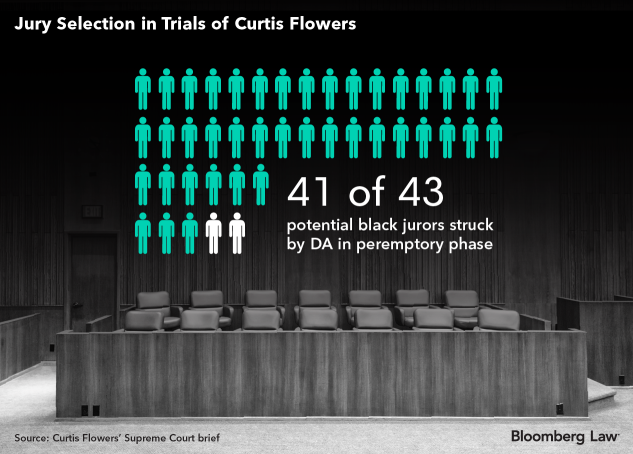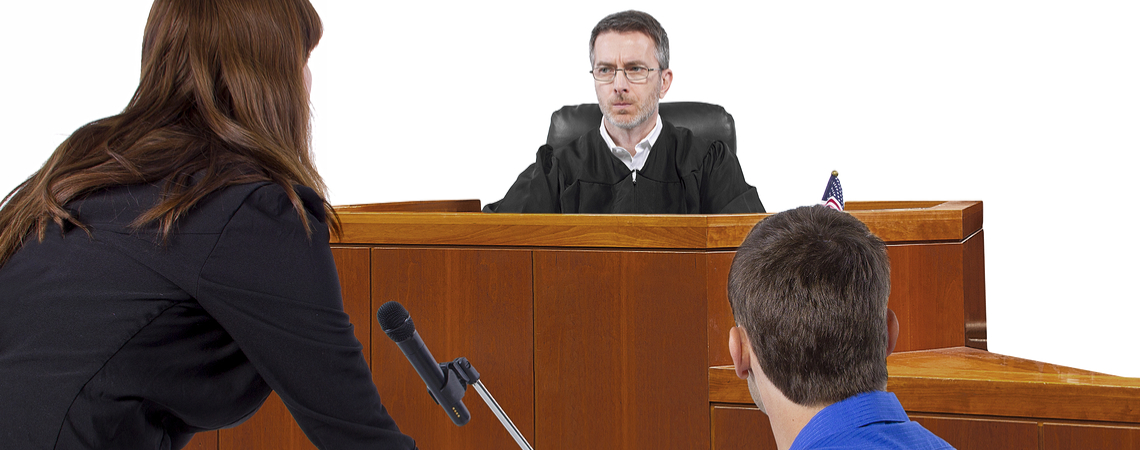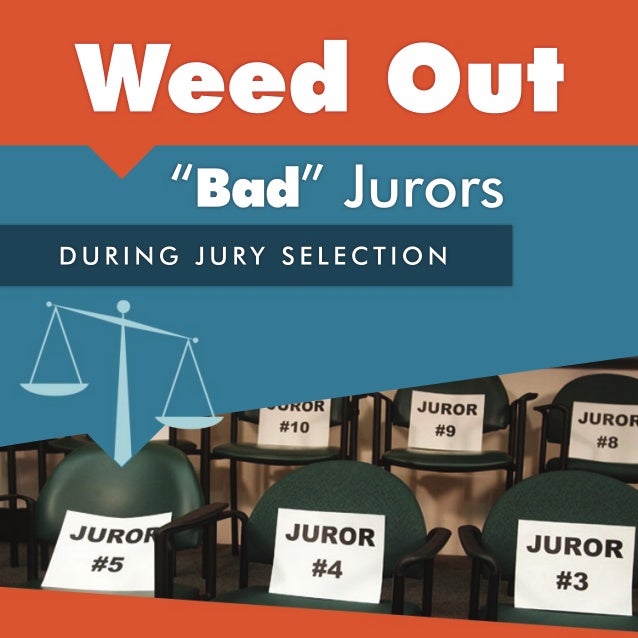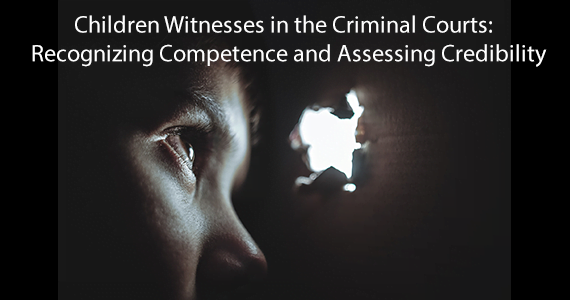
In State v. Saintcalle, the WA Supreme Court addressed an interesting case regarding peremptory strikes against potential black jurors.
The defendant Kirk Saintcalle, a black man, was charged with Felony Murder in the First Degree. At trial, the State’s prosecutor used a peremptory challenge to strike the only black person in the jury pool. He was found guilty by a jury. On appeal, Saintcalle claimed the strike was racially motivated in violation of the U.S. Supreme Court’s Batson v. Kentucky, 476 U.S. 79 (1986).
The WA Supreme Court disagreed and agreed with Saintcalle. They disagreed with Saintcalle to the extent that the Prosecutor’s peremptory striking of the only African-American juror in this case did not give rise to a Batson violation. However, the majority agreed that Washington’s Batson procedures were not strong enough to effectively combat race discrimination in the selection of juries.
Justice Wiggins also stated our Batson procedures must change so as to deal with unconscious, institutional, or unintentional racism, however, “[T]his is not the case in which to announce a new standard.” Saintcalle’s conviction was upheld.
Chief Justice Madsen’s concurrence, which was signed by Justice Jim Johnson, also expressed her concern about racial discrimination during jury selection. She would not adjust Batson or do away with peremptory challenges in an attempt to address nonpurposeful discrimination based on race during jury selection. Chief Justice Madsen also took issue with Justice Wiggins’ charts and graphs that compared the prosecutor’s questioning of the African-American juror to the prosecutor’s questioning of other jurors.
Justice Stephens’ concurrence, which was signed by Justices Fairhurst and Charles Johnson, “sound[s] a note of restraint amidst the enthusiasm to craft a new solution to the problem of the discriminatory use of peremptory challenges during jury selection.”
Justice González’s concurrence calls for the immediate abolishment of peremptory challenges.
Justice Chambers dissented.
My opinion? I’ve heard that getting attorneys to agree to something – and judges, for that matter – is akin to trying to herd cats. Clearly, State v. Saintcalle captures the “herding cats” imagery. The smattering of different opinions by our justices captures the complexity of racism in our judicial system. Some see it. Some don’t. Others call it something else.
Although I’m saddened the WA Supremes passed on an opportunity to capture a racist act and make an example of it, I’m happy they said Washington needs to have stronger procedures and standards in place to stop these situations from happening again. Perhaps jury pools should intentionally include more minority jurors. Who knows? The solution, it seems, is potentially as multi-layered as the problem itself.
Please contact my office if you, a friend or family member are charged with a crime. Hiring an effective and competent defense attorney is the first and best step toward justice.














